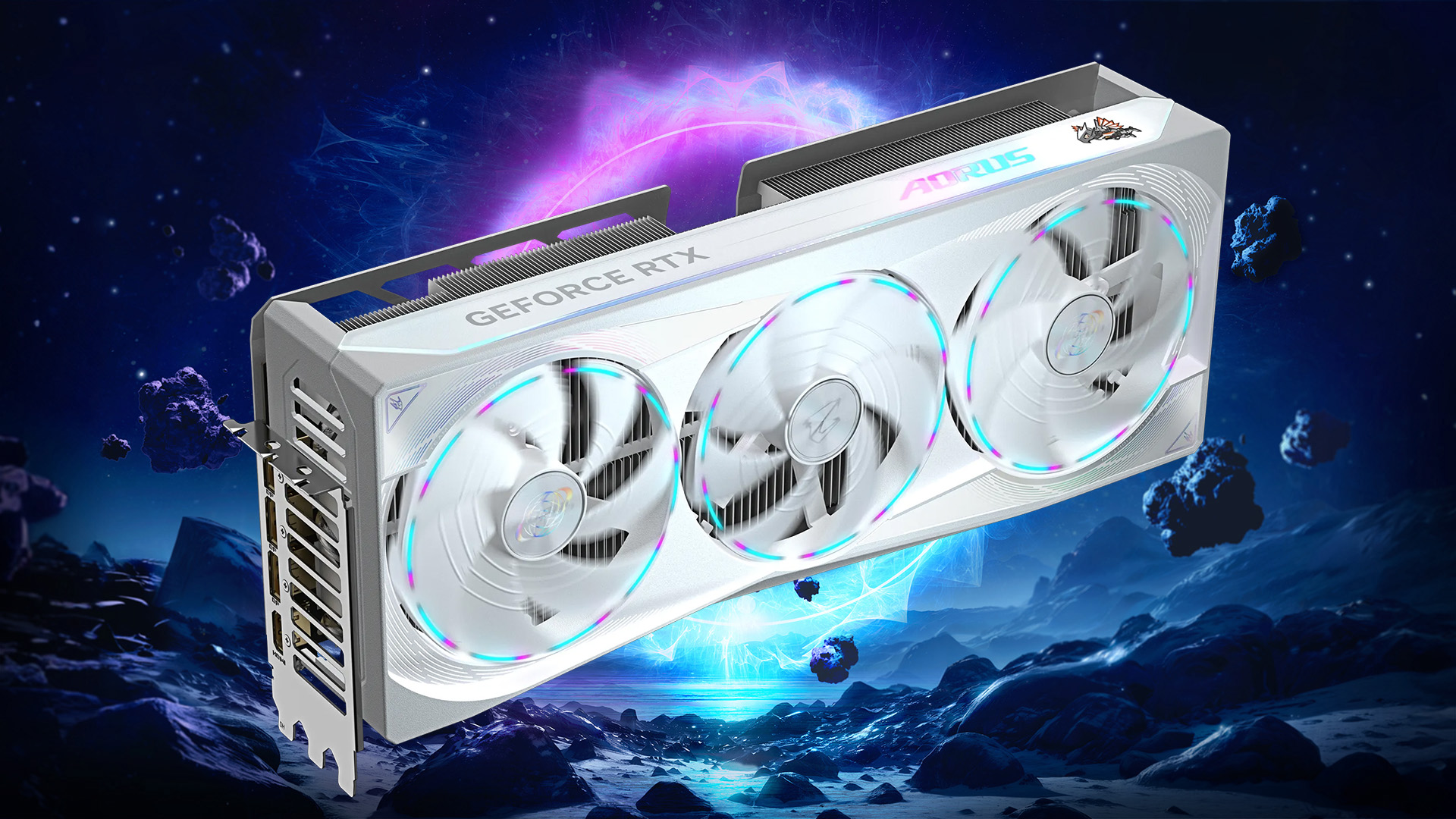
Gigabyte’s NVIDIA RTX 50 thermal pads expose memory — possible overheating over time
- 5 hours ago
- itc.ua
- Keywords: Potential overheating, Gigabyte
Gigabyte’s RTX 50 graphics cards face a thermal pad issue where excessive thermogel can leak, reducing contact with memory chips and risking overheating. Users report spreading in vertical setups; Gigabyte minimizes the problem.